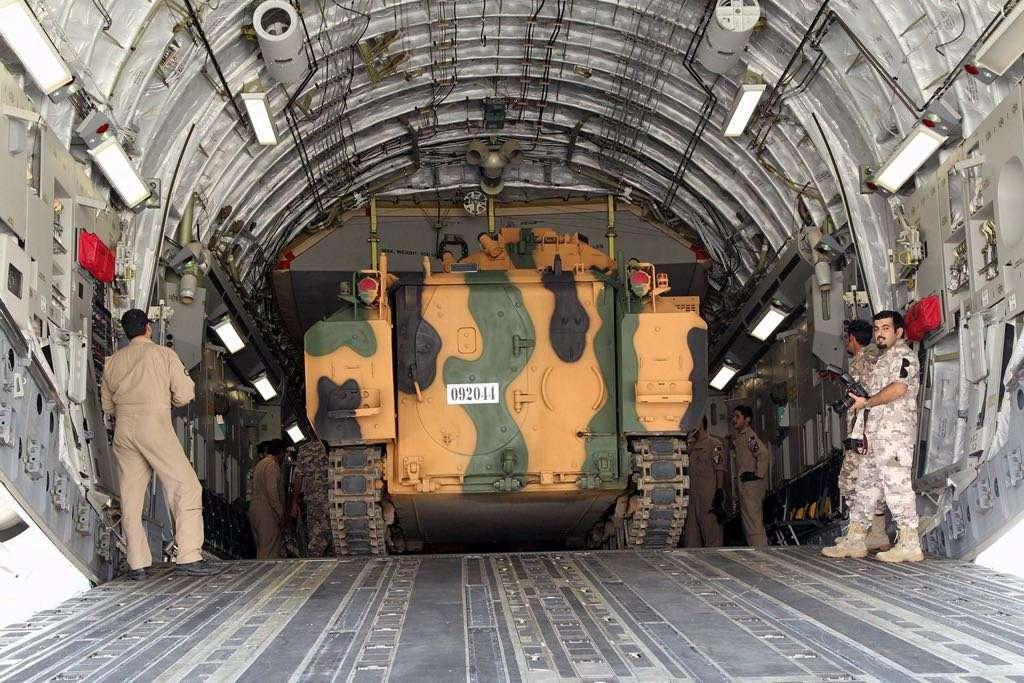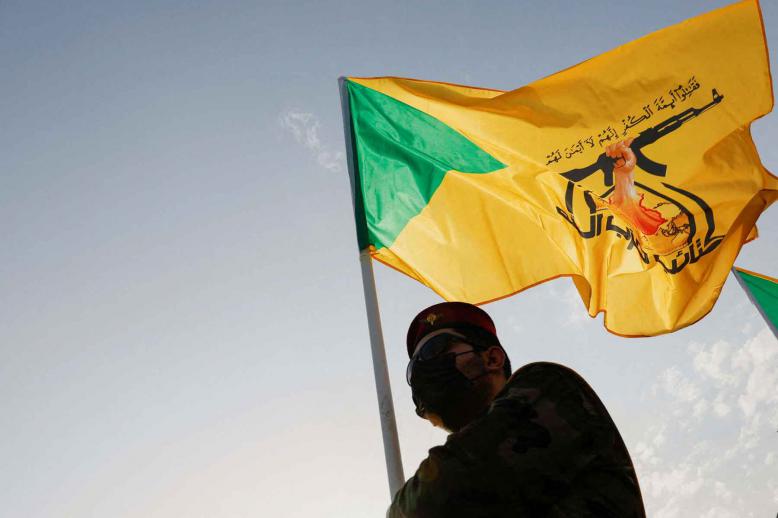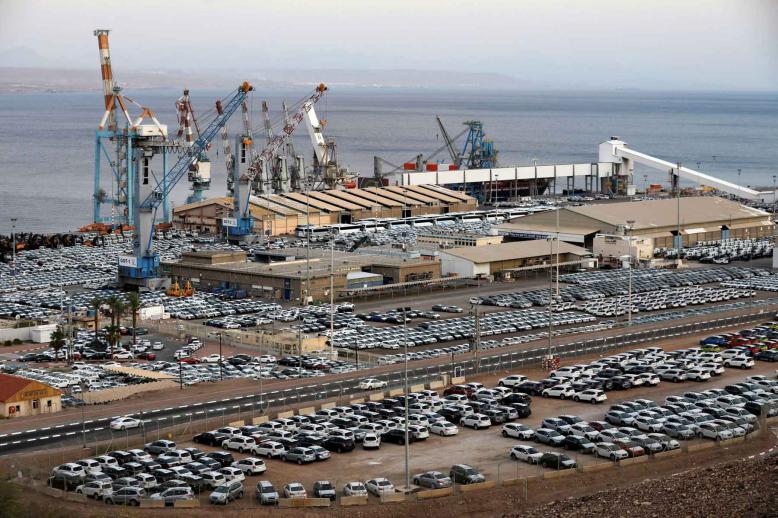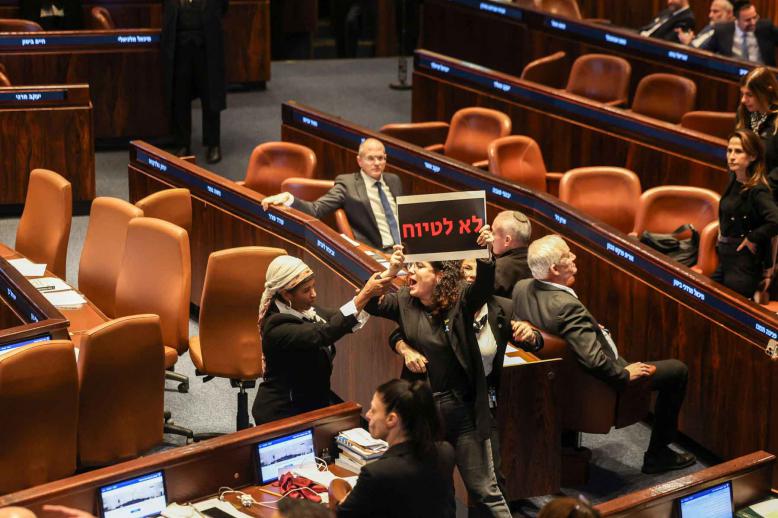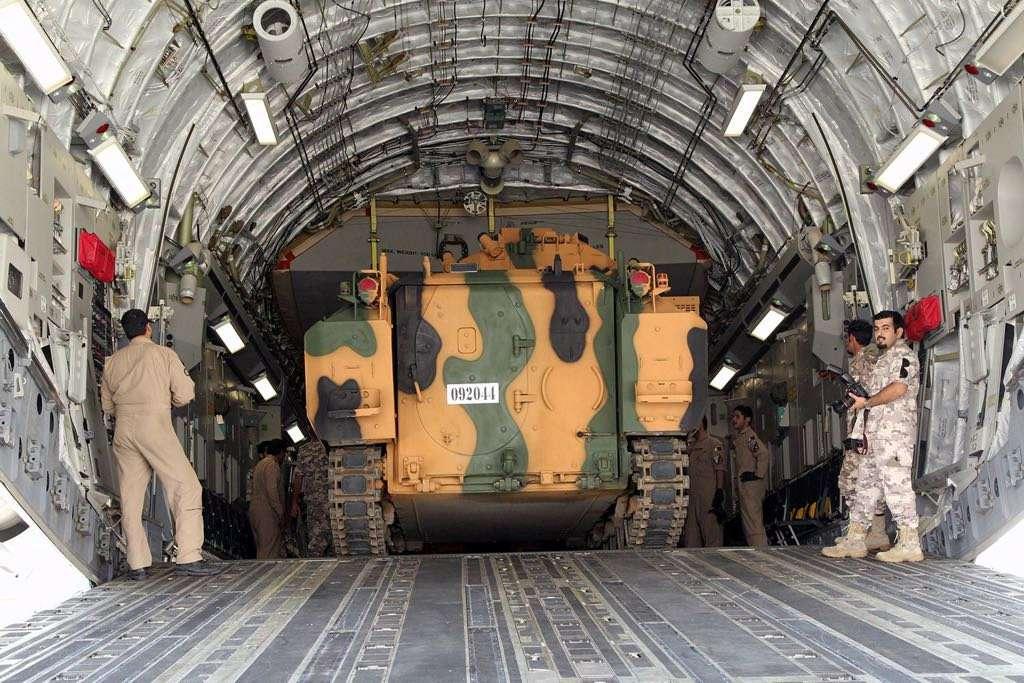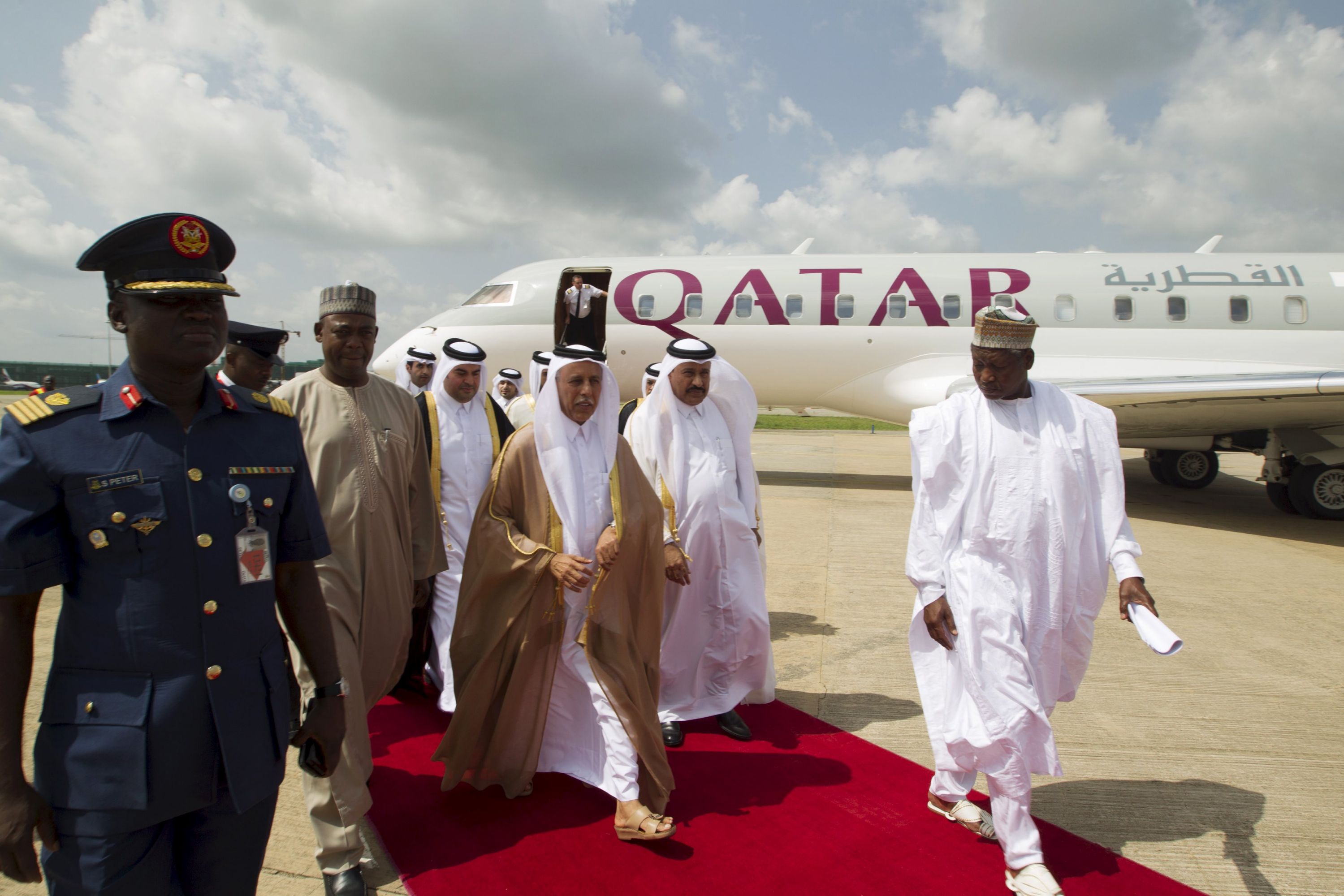
Qatar ups meddling campaign in Africa
LONDON - Qatar is investing in a military and defence alliance with Turkey to further its influence in Africa, where the Gulf nation continues to meddle in an effort to pressure its Arab rivals.
The Qatari regime has moved from a policy of denying accusations of funding terrorism and insurgency movements in a number of African countries to a resumption of offensive penetration in an effort to restore influence.
The gulf state has resorted to the development of military tools, and the intensification of investments and humanitarian interventions as pressure tools over African regimes.
On January 8, Qatari Chief of Staff met with his Kenyan counterpart in Nairobi as part of a tour of Rwanda, Sudan and Ethiopia, shortly after handing over 68 armoured vehicles in support of the Somalian army.
Somalia is strategically significant for Ankara and Doha as a place from which to pressure Egypt, Saudi Arabia and the UAE from across the Red Sea.
Western reports have accused Qatar of multiple cases of interference in African affairs, including financing the Mujahideen Youth Movement in Somalia, supporting Chadian armed opposition, and fuelling instability in the Sahel by funding organisations from al-Qaeda in Mali, where cross-border terrorist violence has extended toward Niger and Burkina Faso.
An audio leak of a phone call between the Qatari ambassador in Mogadishu and a Somalian businessman close to Prince Tamim bin Hamad, revealed by the New York Times last July, shed light on Doha’s involvement in supporting a terrorist operation in Bosasso.
Qatar has long been accused of supporting terrorist movements in the continent.
State news broadcaster and government mouthpiece Al-Jazeera has drawn ire from regional leaders for allegedly fuelling unrest and backing Islamists during the Arab Spring movement, particularly in Tunisia where it has shown unwavering support for the Ennahda Islamist party, a constant and powerful presence in successive governments since 2011.
Qatari support for Islamist movements has been similarly exhibited in Tunisia's North African neighbours Egypt, Libya and Morocco.
Distributor of arms
Qatar’s ambition to secure links with African armies is, in part, to compete with its Gulf rivals Saudi Arabia and the UAE, who play a fundamental role in supporting peace, security and development in the Horn of Africa.
Another goal of strategically arming the region is to pressure the regional surroundings of the Libyan conflict from the Chad or Niger side, in an effort to support its Turkish ally, who has vowed to send troops in support of the UN-backed GNA government. This comes despite the fact that Qatar is one of the world’s leading arms importers.
Qatar believes that supplying some African armies may help secure its influence over policy, or even use it to pressure political systems when attitudes shift, with a particular focus on countries like Rwanda which play a fundamental role in the future of regional political stability and economic well-being.
Doha signed several economic agreements with Rwanda during Prince Tamim’s visit in December, including the acquisition by Qatar Airways of 60 percent of the under-construction Bogseira airport, which is predicted to serve 7 million people in an effort to enhance the country’s tourism sector. .
Rwanda is not only one of Africa’s most promising emerging economies, but also a regional power with political influence linking Central and East Africa, to which Qatar occasionally serves as a cross-border mediator.

Nigeria
Numerous reports confirm Doha’s funding of militant movements such as Boko Haram extremists, which have ravaged Nigeria for over a decade.
On January 13, Qatar’s interest in Nigeria was globally exposed after Nigerian oil company Lekoil Ltd was temporarily removed from the London Stock Exchange following the discovery of a fraudulent loan deal with a company claiming to represent the Qatar Investment Authority.
The Gulf state’s interest in Nigeria makes sense given that it is an African economic power, one of OPEC’s major oil producers and holds influence over West African security.
This warranted a visit from Prince Tamim nearly two years ago as part of a tour that included Senegal, Ivory Coast, Ghana, Guinea and Mali, six months after the implementation of the Qatar boycott, when Qatar’s Gulf neighbours cut ties, citing Doha’s funding of regional terrorism and links to Iran.
His Nigerian visit was followed by another less than a year later by former Emir of Qatar Hamad bin Khalifa and former Prime Minister Hamad bin Jassim.
Gas exploration and sports
One of Qatar’s biggest aspirations in Africa is to tap into the continent’s search for gas.
In March 2019, Doha Oil sought to acquire a stake in gas fields in Mozambique, which has emerged as a regional leader in gas exploration, but is still suffering from the spread of extremist movements.
Qatar has also resorted to investing in investment clout to put pressure on the political frameworks of African countries, which was highlighted in the case of Chad.
Doha lent N'djamena 1.2 billion Euros in 2014 to buy a stake in the company Chevron operating in Chadian oil, at a time when Chad was struggling to pay its debts. Doha intervened to help negotiate repayments in February 2018, the same month in which relations between Doha and N’djamena began to blossom.
Qatari aspirations of African influence are not limited to political and military endeavours, but expand into other sectors such as sports.
The Confederation of African Football (CAF) and Qatar signed an agreement over the hosting of the African Super League last December for three years, in a sign of Qatar’s intention to mitigate the effects of the Arab boycott through sports diplomacy ahead of the upcoming Qatari World Cup in 2022.
The small Gulf nation’s aggressive policies towards African expansionism stem from its chronic search for status, while faced with a boycott by its neighbours who have internationally exposed Qatar as a toxic regional force.
Expanding investments, building alliances and exerting its influence is of primary Qatari concern, whether or not it is at the expense of major Arab interests.


